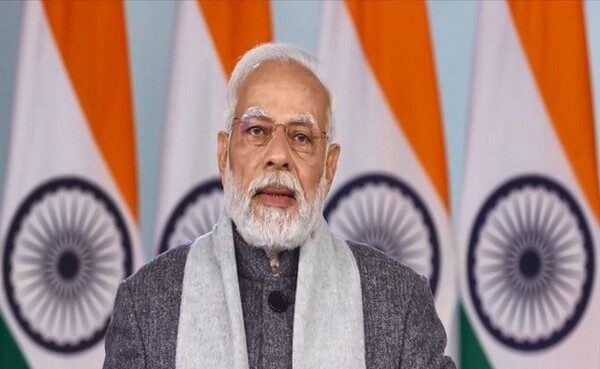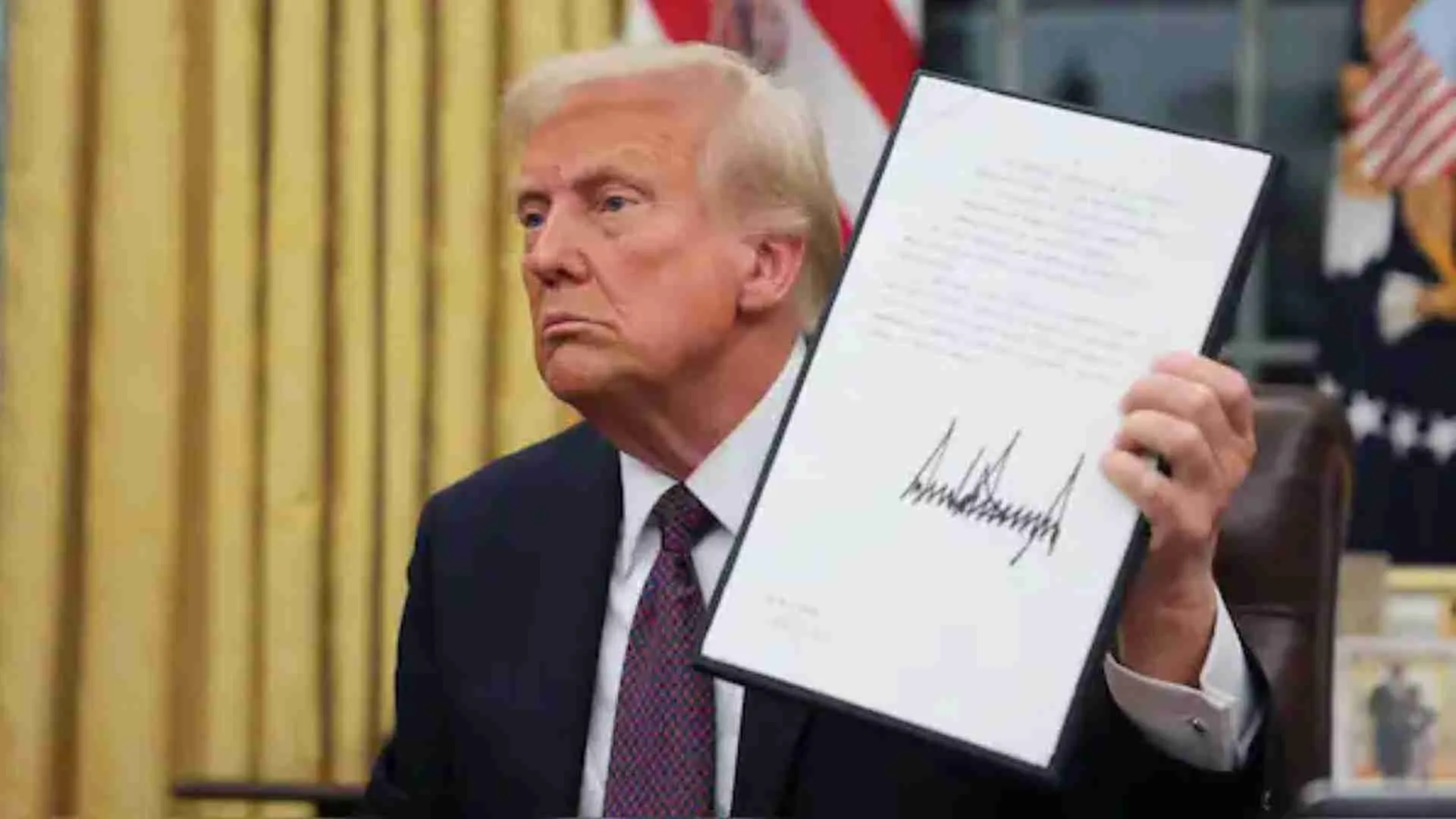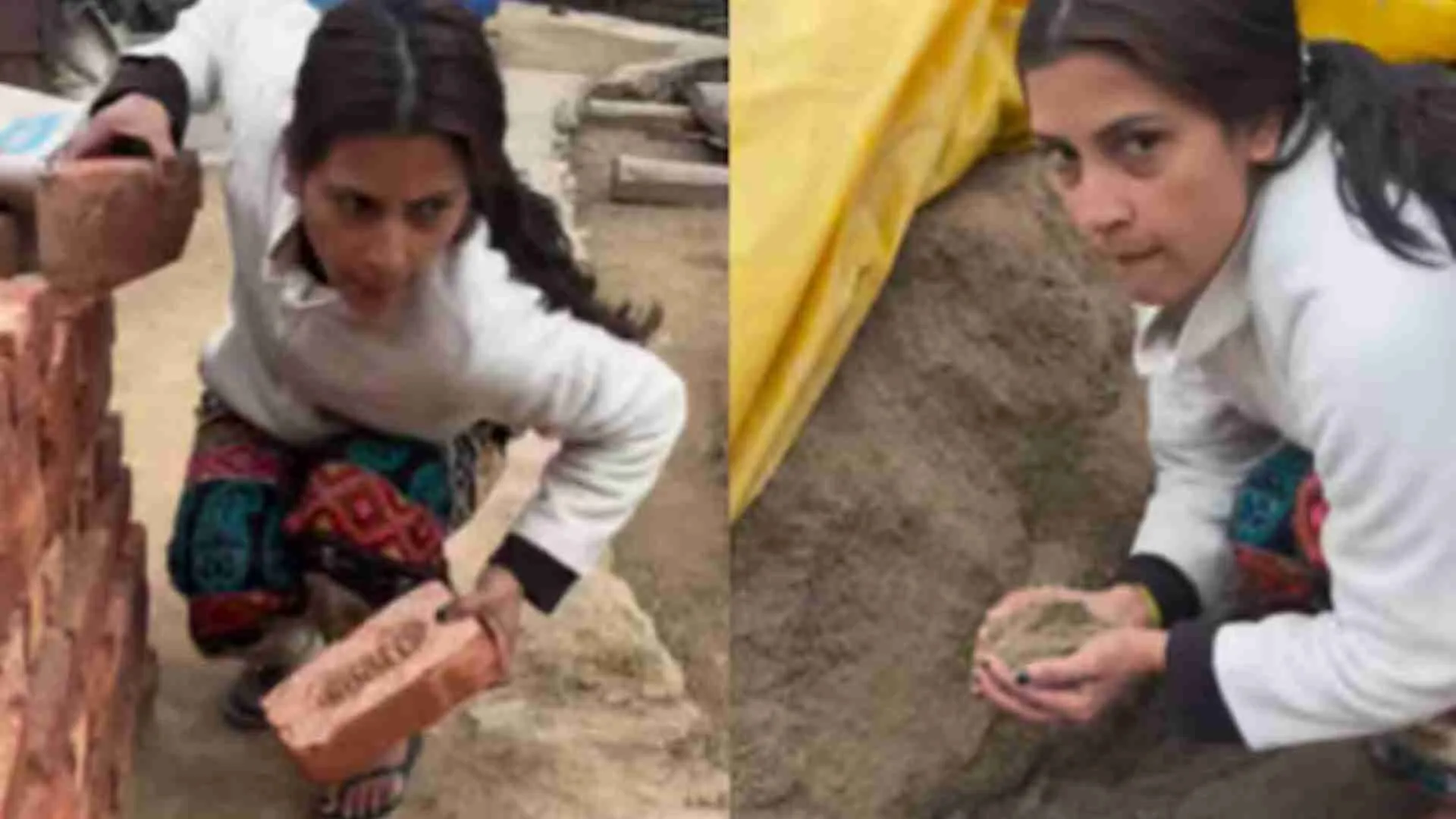Prime Minister Narendra Modi laid the foundation stone for the redevelopment of 508 railway stations across the country virtually, on 6 August. The redevelopment costs over an estimated Rs 24,470 crore. The chosen 508 stations are spread across 27 states and union territories, including 55 each in Uttar Pradesh and Rajasthan, 49 in Bihar, 44 in Maharashtra, 37 in West Bengal, 34 in Madhya Pradesh, 32 in Assam, 25 in Odisha, 22 in Punjab, 21 each in Gujarat and Telangana, 20 in Jharkhand, 18 each in Andhra Pradesh and Tamil Nadu, 15 in Haryana, and 13 in Karnataka, among others.
PM Modi stated that these stations were part of the “Amrit Bharat Stations” scheme in which almost 1,300 prime railway stations in the country are scheduled to be redeveloped.
The Prime Minister mentioned that 55 Amrit Stations will be developed at the cost of Rs 4,000 crore in Uttar Pradesh and Rajasthan, 34 stations in Madhya Pradesh at the cost of Rs 1,000 crore, 44 stations in Maharashtra at Rs 1,500 crore, and prime railway stations in Tamil Nadu, Karnataka and Kerala among others will be redeveloped. Master plans are being prepared for the development of these stations as “City Centres”, with proper integration of both sides of the city. This integrated approach is driven by the holistic vision of the overall urban development of the city, centred around the railway station.
These stations will have better seating on platforms, upgraded waiting rooms and free Wi-Fi amongst other things. The redevelopment will provide modern passenger amenities along with ensuring well-designed traffic circulation, inter-modal integration, and signage for the guidance of passengers.
The design of the station buildings will be inspired by local culture, heritage, and architecture. PM Modi added that Jaipur railway stations, for example, will have glimpses of the Hawa Mahal and Amer Fort from Rajasthan, while Jammu Tawi Railway Station will be inspired by the famous Raghunath Mandir and the Dimapur Station in Nagaland will showcase the local architecture of 16 different tribes from the region. Talking about the railway extension in the Northeast, Prime Minister Modi said that work is going on rapidly on doubling the lines, gauge conversion, electrification, and new routes. “Soon, all State capitals of Northeast India will be connected by railway network”, he said adding Nagaland got its second station after 100 years. The PM further said that in the last nine years more than 2,200 km of dedicated freight corridors have been constructed leading to a reduction in the travel time of the goods train.
Now goods reach western ports from Delhi-NCR in 24 hours, a task that used to take 72 hours. A 40 percent reduction in time has been witnessed on the other routes also which is hugely benefitting entrepreneurs, industrialists, and farmers, he said.
He also emphasised that the Centre is aiming to produce green energy from each railway station, an endeavour that is set to begin soon. PM Modi further underlined that all the Amrit stations will be built to meet the standards of green buildings. “By 2030, India will be a country whose railway network will run on net zero emissions”, he added.

















